Carbon dioxide shortage threatening supply of key consumer goods
There are growing concerns within the supermarket, food, grocery and beverages industries that a carbon dioxide shortage might threaten the supply of hundreds of consumer products.

There are growing concerns within the supermarket, food, grocery and beverages industries that a carbon dioxide shortage might threaten the supply of hundreds of consumer products – from baby food to packaged meat – highlighting once again the fragile state of Australia’s food supply chain.
The tightening supply of manufactured carbon dioxide was revealed by Coles chief executive Steven Cain on Friday and acknowledged by Ritchies supermarket boss Fred Harrison, as well as the nation’s largest chicken producer, Inghams, a host of beverage companies including Coca-Cola, and a range of grocery manufacturers contacted by The Australian over the weekend.
“Some of the (supply) challenges are ongoing, some of them are returning. There is now a CO2 shortage again, and that is impacting obviously carbonated drinks and a few other products as well,” Coles boss Steven Cain said on Friday.
“Obviously, things that are carbonated are in short supply. I understand there is more CO2 heading our way but there’s just two main suppliers in the world … and I think there is just a shortage caused by the environment at the moment.”
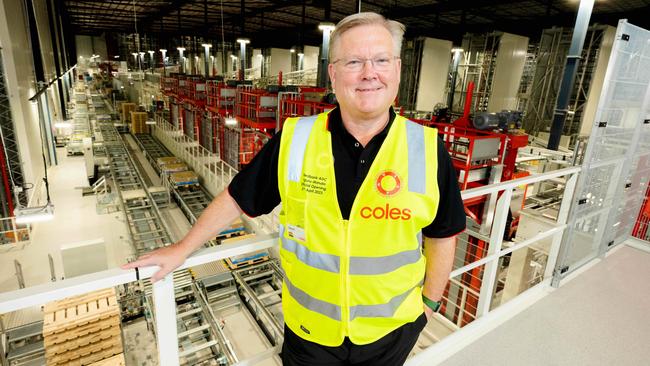
Already the supply issues for carbon dioxide have left Woolworths desperately short of its private label soda water and mineral water products, with many stores sold out for weeks. Many of its shelves are also showing thinning supplies of branded soft drinks.
“Due to challenges in the supply chain, we do have lower volumes of our own-brand carbonated beverages than we would like but we expect supply to get back to normal in the next few weeks,” a Woolworths spokesman told The Australian.
Mr Harrison, the boss of one of the nation’s largest independent supermarket chains, Ritchies, said the CO2 shortage was a growing concern within the industry.
“The further we moved away from Covid you would have anticipated that these sorts of issues are going to go away, but right now there is a major issue around CO2 and I think this could be a threat to industries such as the carbonated soft drink category … it is a high risk and I think some companies have tried to anticipate this and tried to order but there is a shortage of getting product into the country.”
It isn’t just the fizzy drink sector that is being hit by a shortage of carbon dioxide, with CO2 used in the production of hundreds of consumer products such as packaged meats, baby foods, fresh foods and baked products. It is also used for dispensing drinks in pubs and in a number of medical procedures. CO2 is used as a pure gas or in mixtures with other gases for anaesthesia, stimulating breathing and sterilising equipment.
Australia relies on two producers for its carbon dioxide, British multinational BOC and French group Air Liquide. A recent disruption to the supply of CO2 from Kooragang Island into NSW has put additional stress on supply of CO2 to other states. This unplanned outage in March has had a ripple effect across the entire supply chain with food, grocery and beverage manufacturers desperate to claw back CO2 supply to catch up.
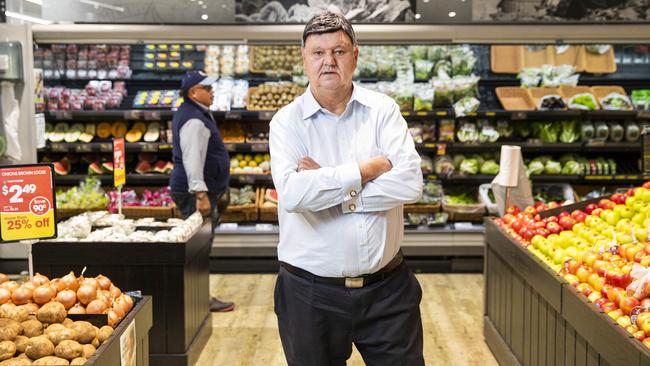
There are limited CO2 source sites across Australia, with heavy reliance on overseas suppliers, which means that production outages like these can significantly impact CO2 supply in an already constrained environment.
It also underlines the fragile state of Australia’s supply chains, especially when it comes to food and medicine, which were stressed to breaking point during the first few years of the pandemic.
In New Zealand the recent shutdown of its only liquid carbon dioxide plant forced it into rationing CO2, with the country prioritising hospitals and water companies.
Some meat processors, such as the country’s biggest chicken producer Inghams, are converting their factories to use liquid nitrogen instead of CO2 to protect themselves from current and future shortages.
A spokesman for Asahi Lifestyle Beverages – part of the Asahi group that owns some of the nation’s most popular beers, such as Great Northern and VB, as well as craft beer, and which also produces under the Schweppes and Pepsi brands – confirmed access to CO2 has been a challenge.
“CO2 supply has been a challenge across the beverage industry over the past few months. We’re fortunate to have a full supply of CO2 to meet our production requirements,” he said.
It is believed that rival brewer Lion is also somewhat self-sufficient when it comes to CO2, as the brewing process produces carbon dioxide that can be captured and reused for its carbonated beverages.
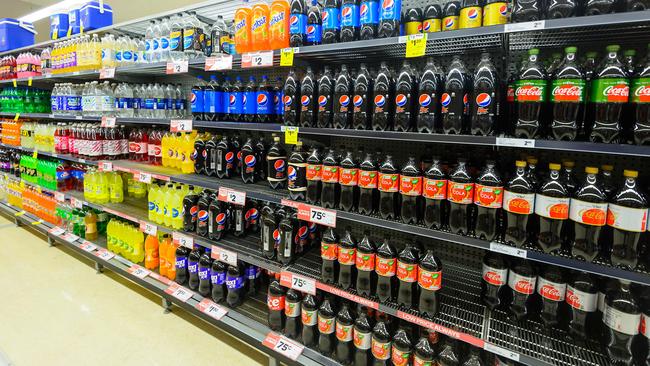
The CO2 shortage is a threat to the meat processing industry. Earlier this year Inghams Group, the largest poultry producer in Australia and New Zealand, reported a decline in poultry volume in New Zealand partly caused by constraints at the company’s processing facilities, due to a shortage of carbon dioxide used in the cooling process.
A spokesman for Inghams told The Australian the current CO2 shortage on Australia’s east coast had had minimal impact on the company’s primary processing operations but was having a “modest impact” on the production of some value-enhanced products.
“Inghams is taking positive steps to minimise the effects of this issue on its operations, with the conversion of its processing facilities to liquid nitrogen either under way or already completed.”
Coca-Cola Europacific Partners Australia, the largest bottler in the region and responsible for making some of the best-known and biggest-selling soft drinks in the market, said it was operating business as usual but had been working closely with its CO2 suppliers both domestically and internationally to co-ordinate supplies and manage the disruption from the temporary closure of the key local carbon dioxide facility.





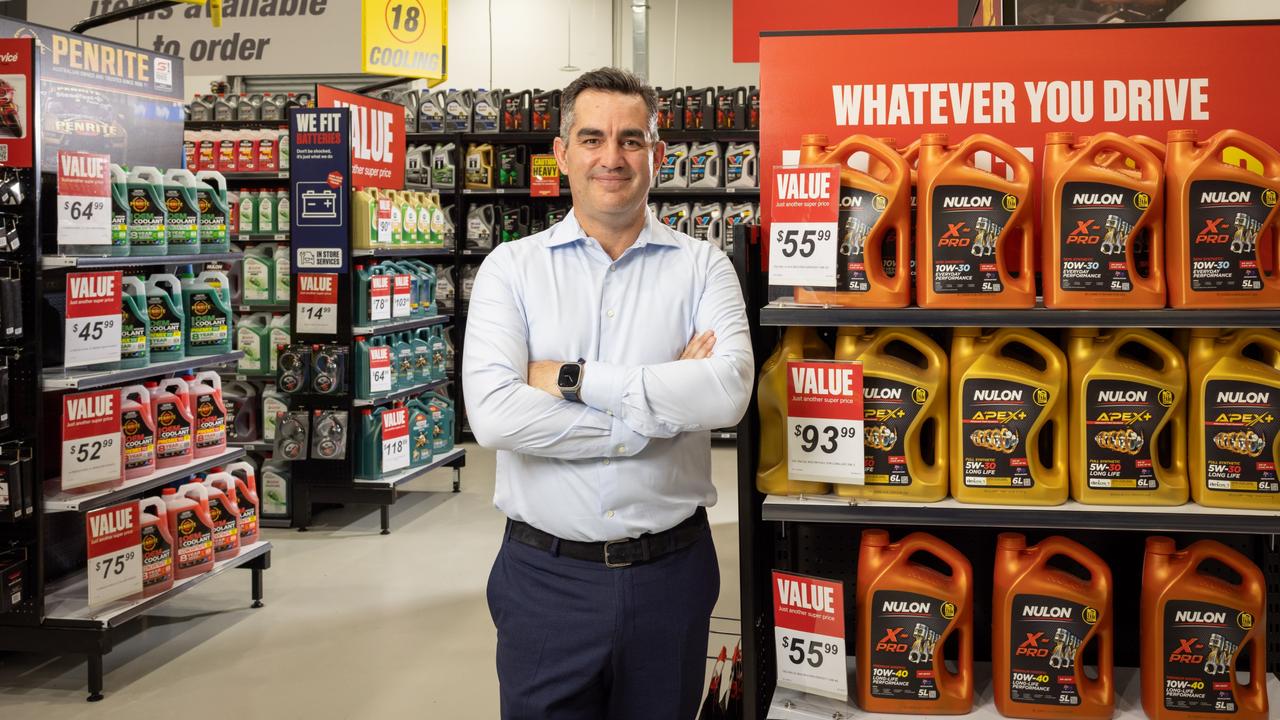
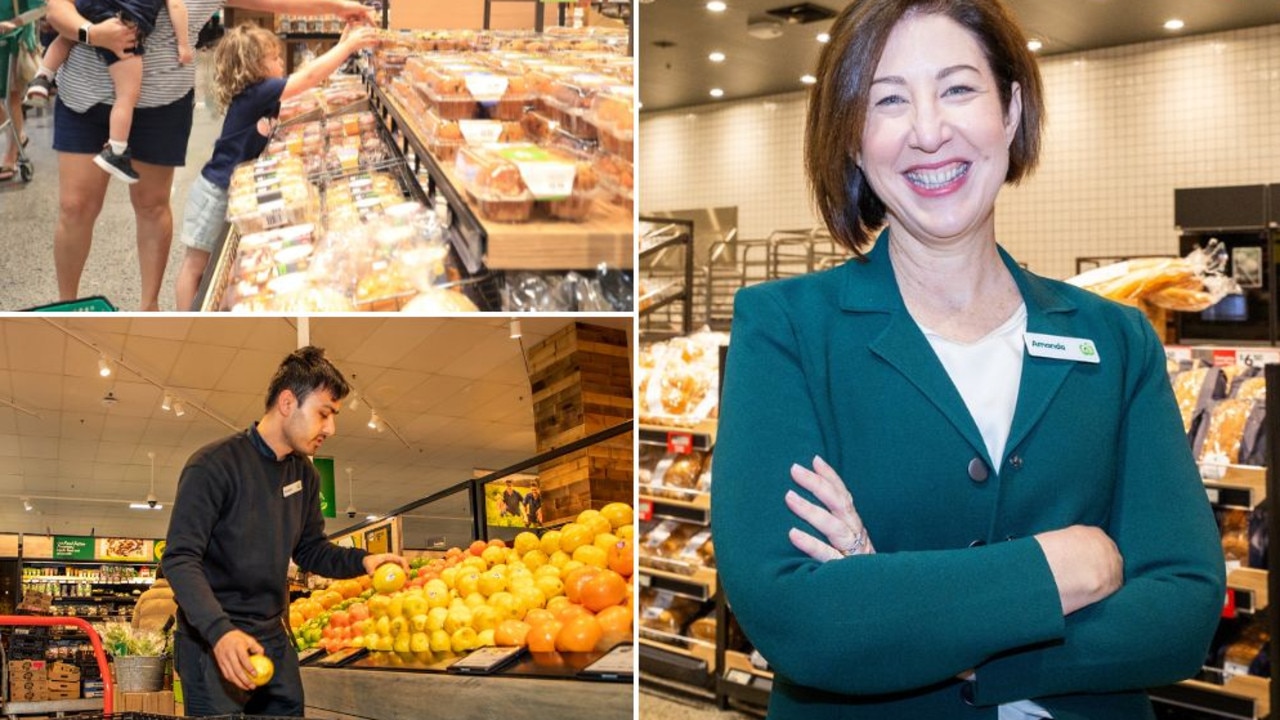
To join the conversation, please log in. Don't have an account? Register
Join the conversation, you are commenting as Logout